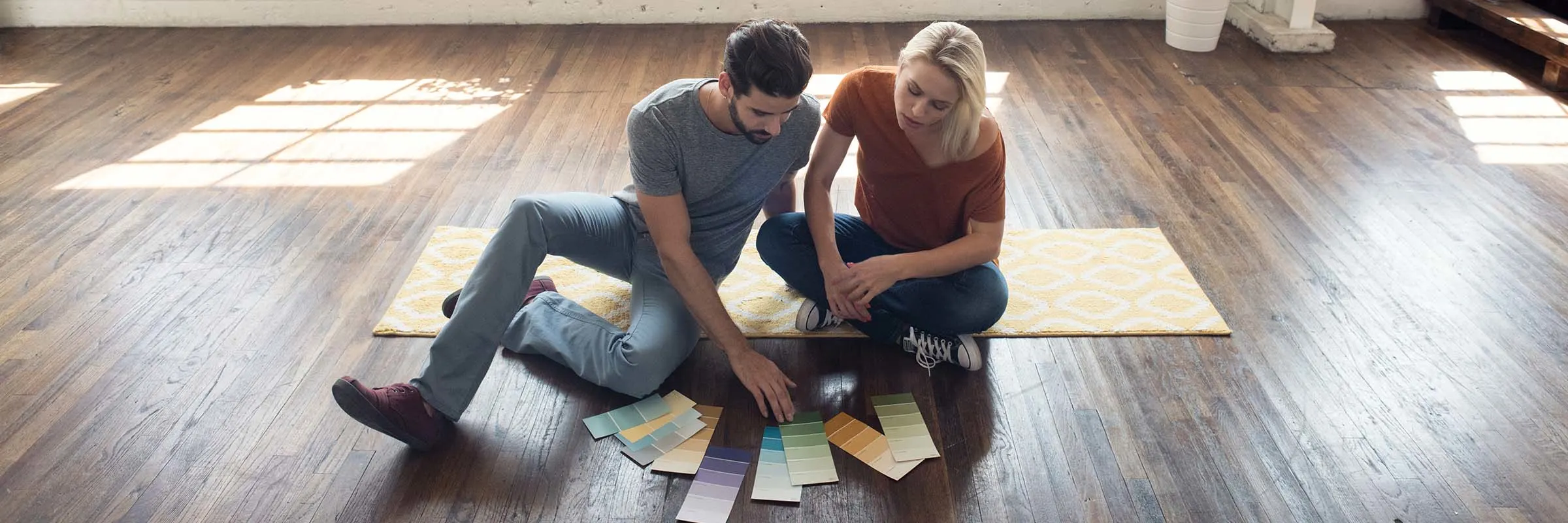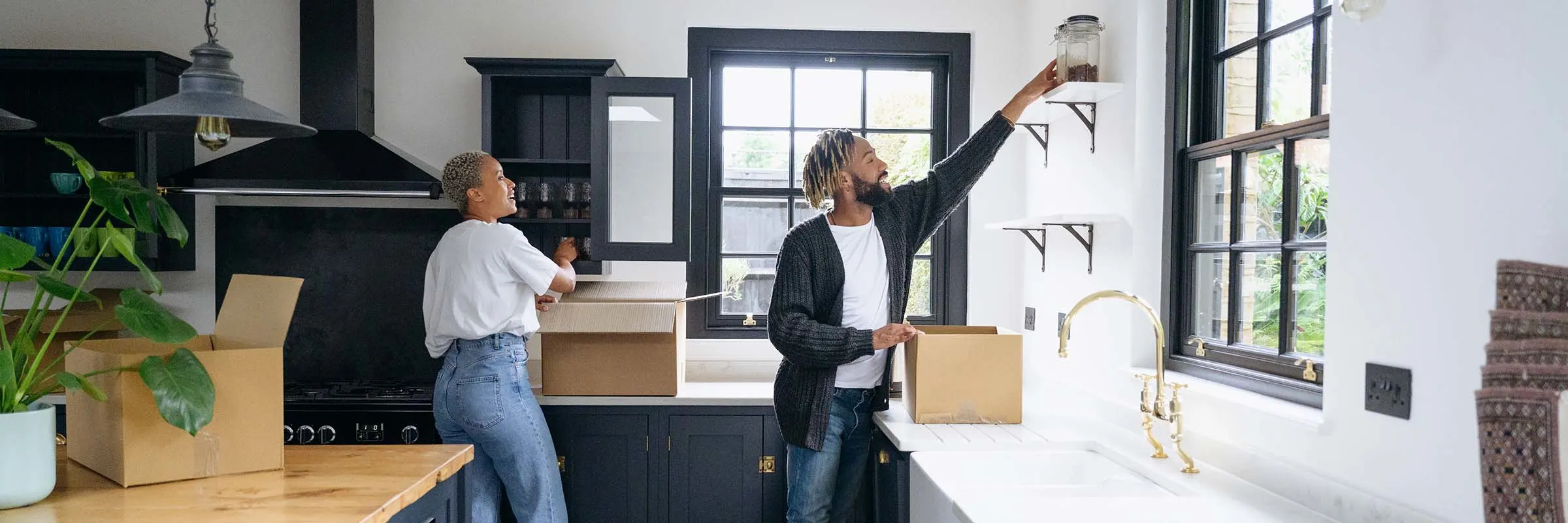Are you daydreaming about leaving your renter days behind and buying a place? Congratulations! You may be about to embark on the exciting adventure of homeownership.
Before you hit the open house scene, you need to be certain you’re financially and personally prepared. Start by understanding the key factors involved in homebuying.
Read more: Learn how to save for a down payment using Ally Bank's Savings Buckets and Boosters
Understanding the homebuying process
Buying a home involves:
Evaluating your finances
Saving for a down payment
Getting pre-approved for a mortgage
Working with a real estate agent
Searching for a house
Making an offer
Setting up a home inspection and appraisal
Closing on the property
Research, preparation and financial planning are key to making your homebuying experience smooth.
How to determine your financial readiness for homeownership
Owning a home is more than just paint swatches and neighborhood block parties. To be financially ready to buy a home:
1. Understand the current housing market
External conditions — including current interest rates, seasonal variations in home sales and your local real estate market — can influence the housing market and how much it will cost you to buy a home.
2. Evaluate your credit score
Your credit score can determine your ability to secure a mortgage loan, and a higher credit score can lead to a lower interest rate. To improve your credit score:
Pay bills on time
Maintain low balances on your credit cards
Dispute any inaccuracies with your credit company
3. Assess your debt-to-income ratio
You don’t need to be debt-free to realize your home-owning dreams. (In fact, having some debt can be good financially.) But before you start house hunting, make sure you have a clear understanding of your debt-to-income (DTI) ratio.
Calculate yours by adding the total amount of your new monthly mortgage payment to your existing monthly debt payments, then divide by your gross monthly income. The result is the percentage of your monthly income that goes toward paying down debt. Typically, lenders are looking for a DTI of 43% or less.
While 20% is referred to as the “standard,” down payment it’s not required. In fact, the average down payment is only 13%.
4. Save for a down payment
A big cost to consider when homebuying is your down payment (i.e. the percentage of your home's purchase price that you pay up front to secure your home loan). While 20% is referred to as the “standard,” down payment it’s not required. In fact, the average down payment is only 13%.
If you qualify, you can buy a home with as little as 3.5% down with an FHA loan. However, if you put down less than 20%, you will need to factor in additional costs such as private mortgage insurance (PMI).
If you are able to make a down payment of 20% or more, it can lower your monthly payment, earn you a lower interest rate and lenders will be more likely to compete for your business.
With an Ally Bank Savings Account, you can set up recurring transfers and take advantage of our surprise savings tool to save for your down payment faster.
5. Prepare for closing costs and other expenses
Many factors affect the cost of owning a home. One-time homebuying expenses include your down payment, appraisal and inspection fee, and closing costs, which are typically 2% to 5% of the loan amount. Other ongoing costs include your mortgage payment, homeowner’s insurance and property taxes.
You can use Ally Bank’s buckets and boosters to turbocharge the amount of money you set aside for unexpected costs, like maintenance, repairs and utilities.
Determining your personal readiness to buy a home
There isn’t one right reason you should buy a home, but you should make sure you’re doing it for yourself.
6. Assess your lifestyle stability
If you keep experiencing the unexpected costs of raising kids, perhaps a few upgrades make more financial sense. Or if you travel a lot for work, renting might be better. But if you’re ready to settle down or thinking of growing your family, buying a house could be the right choice.
7. Determine your ideal home and location
You ( and your partner’s) lifestyle, budget and commuting needs, as well as desired proximity to schools, shops and parks will determine your ideal location. Once you pinpoint which factors are most important, research the housing marketing in your desired area.
Preparing for homeownership
Buying a house is a big step — one you want to be financially prepared for. Determining your readiness now will help you plan ahead for your future home-owning dreams.



